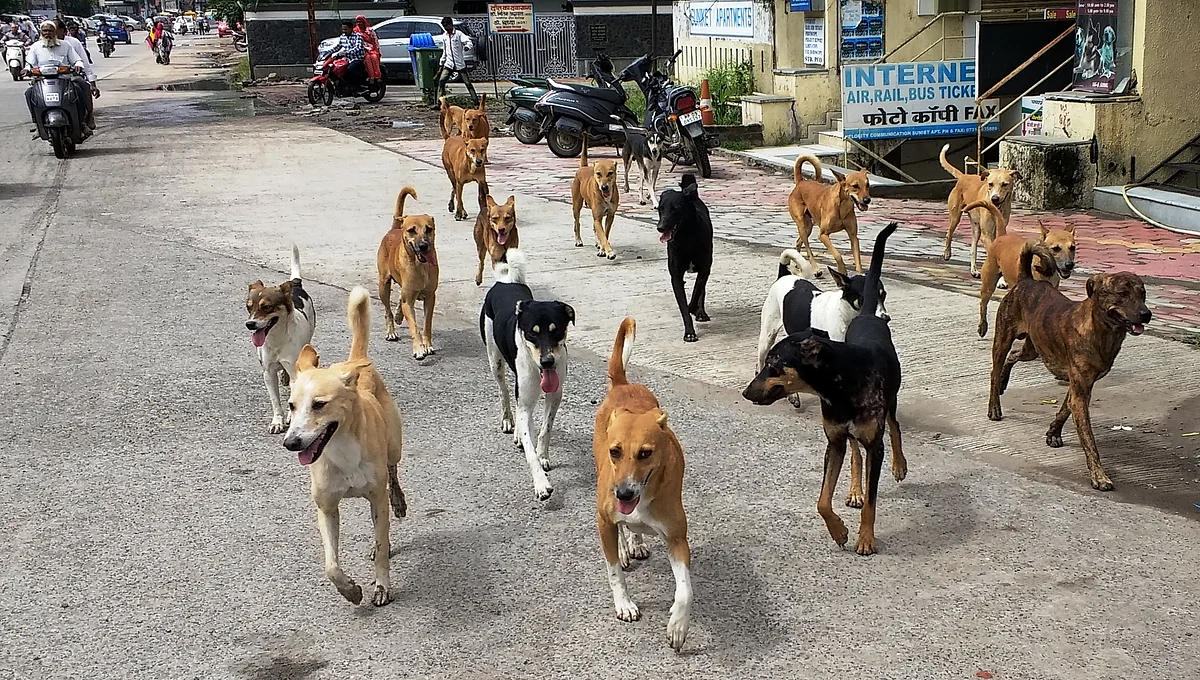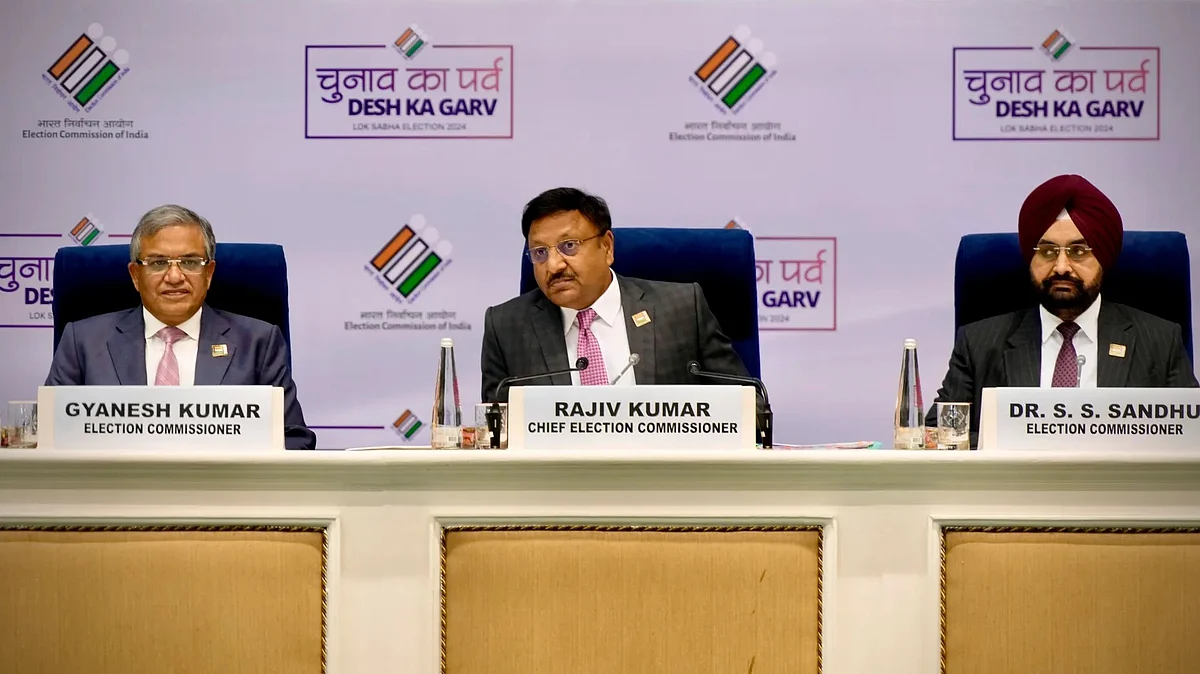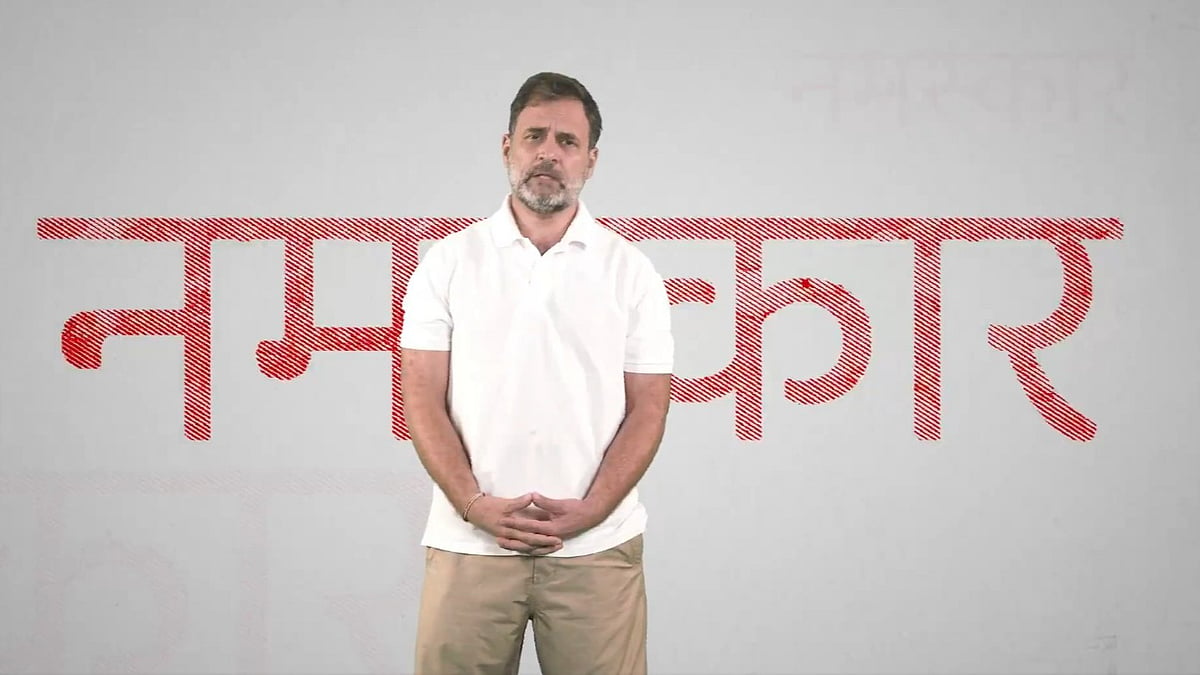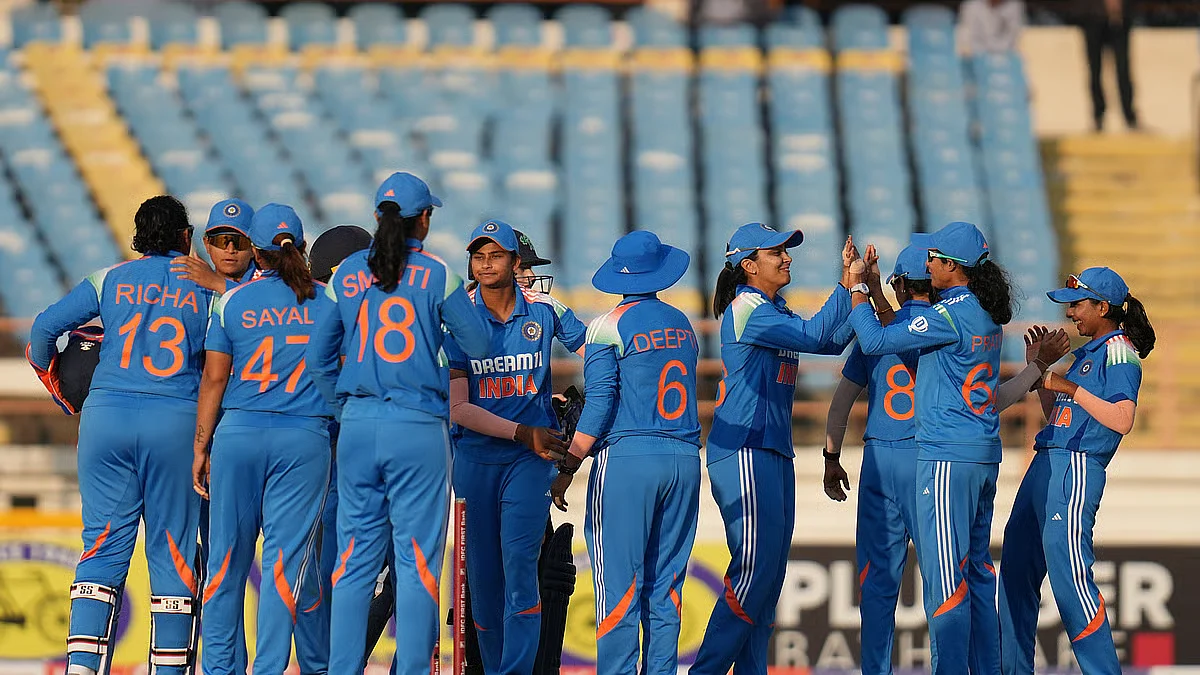Man–animal conflict is as old as the hills. When humans trespass into forests or grasslands, animals naturally resist. But now, in Delhi and Mumbai, a different battlefront has emerged and it has reached the Supreme Court. In the capital, the apex court took suo motu notice of incidents where stray dogs bit pedestrians, some resulting in rabies. While the concern for public safety is laudable, the solution ordered by a two-judge bench has raised eyebrows and hackles. The order? Round up every stray dog in Delhi, Noida, Ghaziabad, and Gurugram, and confine them in shelters, never to return to the streets. On paper, it sounds tidy. In practice, it is a logistical step for chaos. Shelters have to be built, dogs caught, transported, housed, fed, and kept from infecting one another—a task requiring armies of workers and mountains of funds. Even then, dogs have an inconvenient habit of reproducing unless sterilised. Courts can issue orders, but biology keeps its own calendar. And lest anyone take their time, the judges have warned that inaction could invite contempt proceedings.
Animal lovers, unsurprisingly, are in full howl. They argue for the tried-and-tested “catch, vaccinate, and sterilise” method that has kept Mumbai’s dog population stable for years. Yet, as these words are typed, news arrives from Bengaluru that two students have been mauled by strays, one now in intensive care. The menace is real. Still, street dogs are not without civic merit. They are, in many cases, unpaid night watchmen, barking at intruders and unsettling burglars who would otherwise prowl with impunity. Erasing them entirely from neighbourhoods may please some residents but could leave others exposed to two-legged predators. Meanwhile, Mumbai’s legal circles are ruffled over another creature: the pigeon. The Bombay High Court, citing poisonous droppings and bronchitis-inducing feathers, has banned their public feeding.
The logic is as unromantic as it is practical: overfed pigeons turn plump, lazy, and unable to forage, a kind of welfare dependency with wings. Devotees insist the feeding brings divine blessings; the court seems to suspect it only brings more droppings. The Supreme Court has declined to intervene, leaving the matter to the High Court. In the end, it’s worth remembering that urban wildlife is both a problem and a partner. Stray dogs can bite, but they also bark at trouble. Pigeons can foul balconies, but they also enliven city skies. The challenge is not to evict them wholesale, nor to indulge them blindly, but to find a truce where man and beast coexist without constant recourse to the law. After all, no city was ever improved by chasing every living thing into a cage—though it might keep the courts busy for years.







